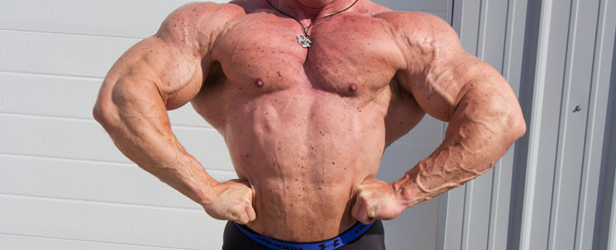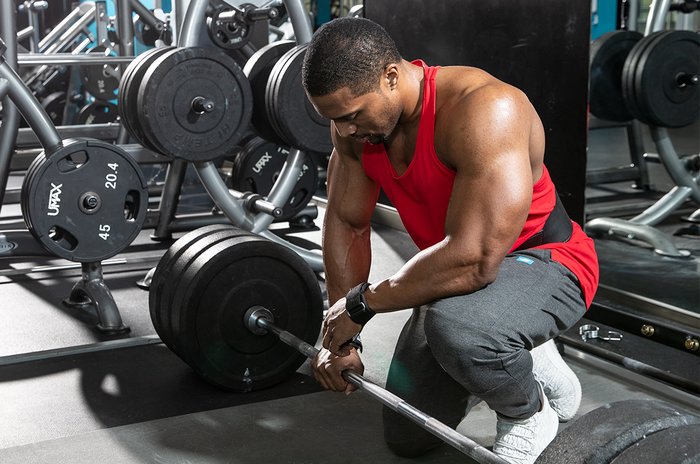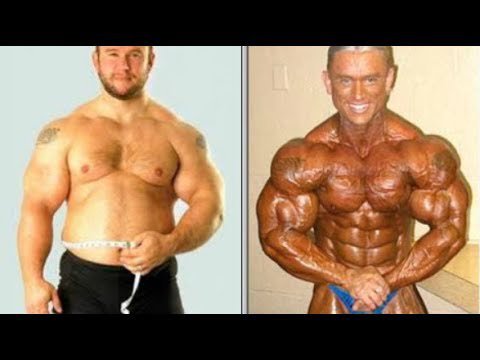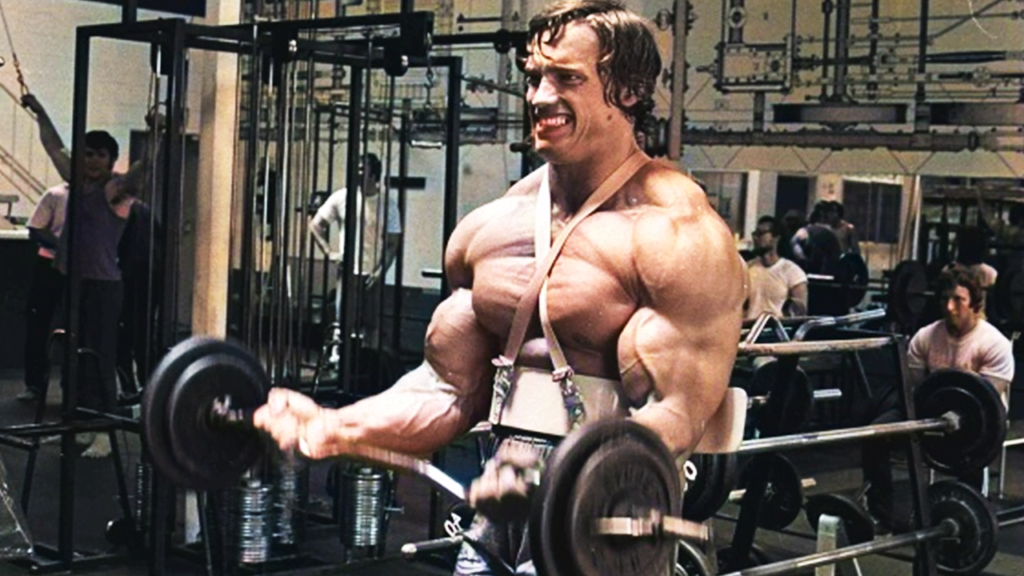Bodybuilders typically lift weights 5 to 6 times a week. This allows them to target different muscle groups effectively.
Bodybuilding demands dedication and a well-structured routine. Most bodybuilders lift weights nearly every day, focusing on different muscle groups. This frequent training helps them achieve muscle hypertrophy and strength. Rest days are crucial, but they are strategically placed to ensure muscles recover while maintaining a high training frequency.
Consistency is key in bodybuilding, and this often means spending ample time in the gym. A balanced routine includes weightlifting, nutrition, and adequate rest. This holistic approach enables bodybuilders to optimize their muscle growth and overall fitness.
Credit: www.quora.com
Introduction To Bodybuilding Frequency
Bodybuilders lift weights to build muscle. They follow a strict schedule. This helps muscles grow and recover. Lifting frequency is key for results. It helps them stay strong and healthy.
Lifting often helps muscles grow. It also helps in burning fat. Consistency is important. Muscles need regular work to stay strong. Skipping days can slow progress.
Many think lifting every day is best. This is not true. Muscles need rest to grow. Overworking can cause injuries. It’s also a myth that more lifting equals faster results. Balanced routines are more effective.
Beginner Vs Advanced Lifters
Beginners should lift weights 3 to 4 times a week. Rest days are important for muscle growth. Each session can last about 45 minutes. Compound exercises are great for beginners. These exercises work multiple muscle groups. Squats, deadlifts, and bench press are good examples. Consistency is key for beginners. Progress can be seen within a few weeks.
Advanced lifters often train 5 to 6 days a week. Each session can be longer, around 60 to 90 minutes. Isolation exercises become more common. These exercises target specific muscles. Examples include bicep curls and tricep extensions. Advanced lifters may have different goals. Some focus on muscle mass, others on definition. Diet and recovery are crucial at this stage. Supplements might also be used by advanced lifters.
Training Splits Explained
Full body workouts are great for beginners. All major muscles get trained in one session. This type of workout improves overall strength. It is usually done three times a week. Rest days are important for muscle recovery.
The upper/lower split divides the body into two parts. One day targets the upper body, the next day targets the lower body. This split allows for more focused training. It is often performed four days a week. This routine is ideal for intermediate lifters.
Push/pull/legs is a popular split among advanced lifters. Push workouts focus on chest, shoulders, and triceps. Pull workouts target back and biceps. Leg workouts cover all leg muscles. This split can be done six days a week. Each muscle group gets intense attention.
Recovery And Rest Days
Rest and recovery are vital for bodybuilders. Muscles need time to repair and grow. Overtraining can lead to injuries and burnout. Quality sleep and proper nutrition support recovery. Stretching and light activities help reduce soreness. Mental rest is also important. Taking breaks prevents workout plateaus. Balanced recovery enhances performance and results.
Bodybuilders often follow a schedule. They typically rest one or two days a week. Some may need more rest after intense sessions. Listen to your body for signs of fatigue. Adequate rest leads to stronger muscles. Short breaks between sets also matter. A mix of active and passive rest days works best. Consistency in rest improves overall fitness.
Balancing Volume And Intensity
Volume means the total weight lifted. It includes sets, reps, and weights. High volume can help muscles grow. Muscles need rest after high volume workouts. Good volume helps avoid injuries. Lifting too much can hurt the body. Proper volume keeps muscles strong and healthy.
Intensity refers to how hard you lift. It includes the weight you use. High intensity builds strength fast. It can also lead to faster fatigue. Proper intensity is key for growth. Overdoing intensity can cause burnout. Balance is important for good results.

Credit: www.bodybuilding.com
Diet And Nutrition
Bodybuilders need a high-protein diet. Protein helps build and repair muscles. Carbohydrates provide energy for intense workouts. Healthy fats support overall health and hormone balance. Eating multiple small meals a day keeps metabolism active.
Supplements can enhance a bodybuilder’s diet. Protein shakes are popular for muscle recovery. Creatine increases strength and muscle mass. BCAAs reduce muscle soreness and improve performance. Vitamins and minerals support overall health.
Avoiding Overtraining
Muscle soreness that lasts a long time can be a sign. Feeling tired all the time is another clue. Getting sick more often might also mean overtraining. Trouble sleeping is a big warning sign. Losing strength or muscle size can happen too.
Taking rest days helps muscles recover. Eating healthy foods gives energy and nutrients. Drinking plenty of water keeps the body hydrated. Listening to your body is important. Reducing workout intensity can prevent overtraining.

Credit: www.elitefts.com
Creating A Personalized Plan
Each bodybuilder is unique. Assessing individual needs helps in creating a personalized plan. Some people need more rest days. Others can train more frequently. It depends on fitness level, goals, and recovery rate. Beginners might start with 3 days a week. Advanced lifters might lift 5-6 days a week. Always listen to your body.
Plans need to be flexible. Adjusting over time is crucial. Progress should be monitored. If you feel tired, take a rest day. If you feel strong, you can push harder. Keep track of progress and adjust your plan as needed. This ensures continuous improvement and prevents injuries. Regular adjustments help meet goals effectively.
Frequently Asked Questions
How Many Hours A Day Do Bodybuilders Lift?
Bodybuilders typically lift weights for 1-2 hours a day. Training intensity and goals can influence the exact duration.
How Often Should You Lift Weights Bodybuilding?
For bodybuilding, lift weights 3-5 times per week. This allows muscle growth and adequate recovery. Adjust based on goals and experience.
How Many Times A Week Do Bodybuilders Train Each Muscle?
Bodybuilders typically train each muscle group 1-2 times per week. This allows for adequate recovery and growth.
Does Lifting 3 Times A Week Build Muscle?
Yes, lifting three times a week can build muscle. Consistency, proper nutrition, and progressive overload are key factors.
Conclusion
Consistency is key for bodybuilders. Lifting routines vary, but most train 4-6 times a week. Listening to your body is crucial. Recovery days help prevent injuries and promote muscle growth. Balance your workouts with rest for optimal results. Tailor your routine to fit your goals and physical needs for the best outcomes.











